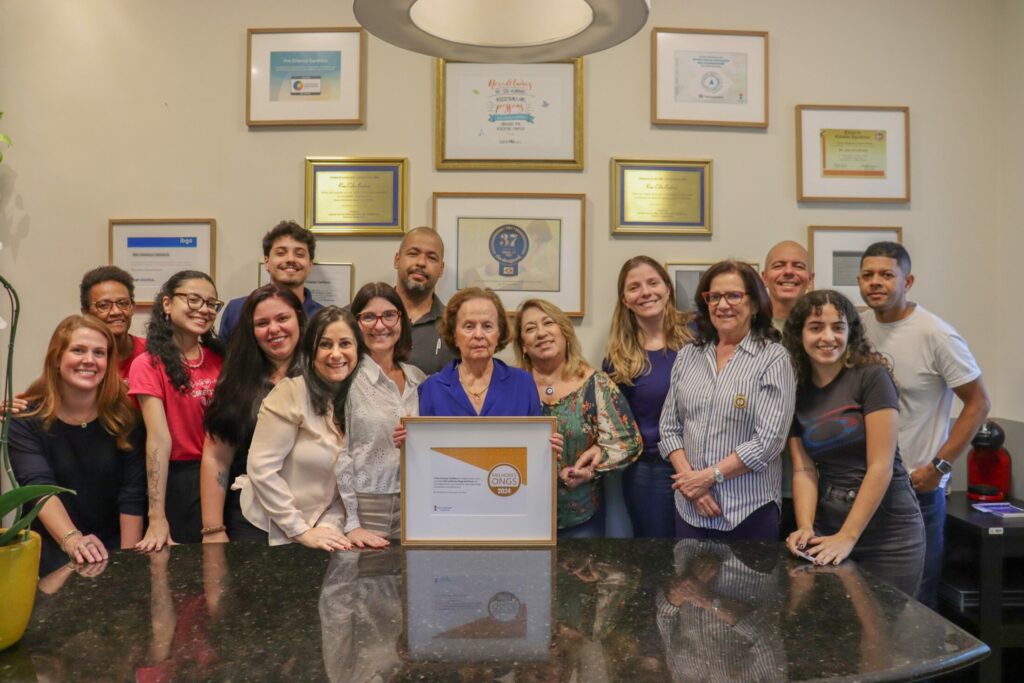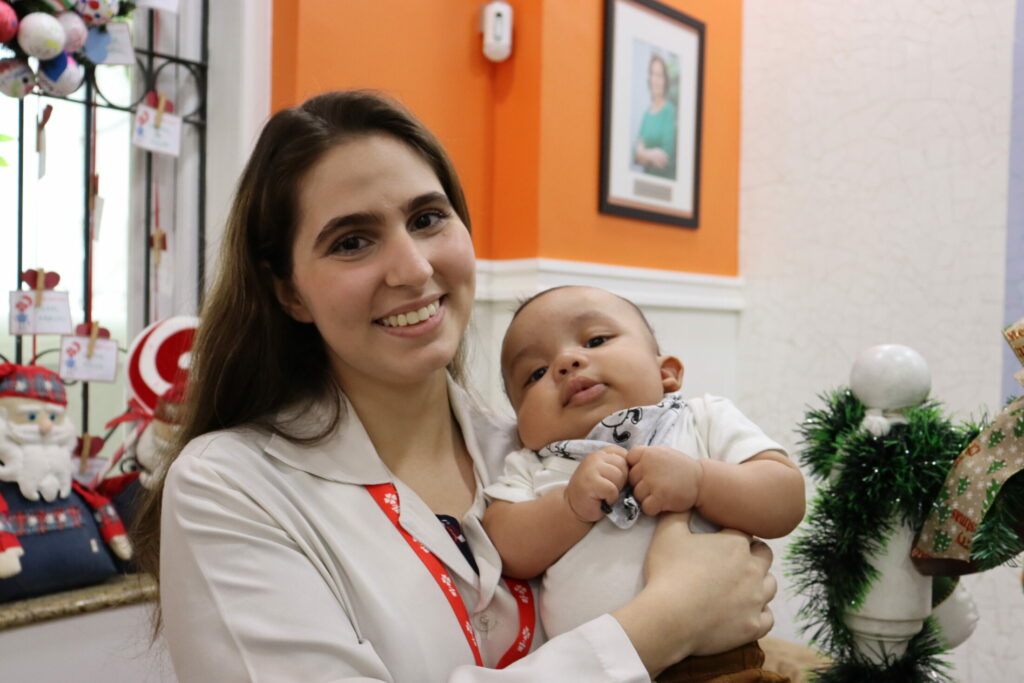Protecting the heart during childhood contributes to longevity
Protecting the heart during childhood contributes to longevity
30/04/2024
Understand the difference between congenital and acquired heart diseases for health care.
On Cardiologist Day, on August 14, the medical director of Pro Criança Cardiac, cardiologist and pediatrician Dr. Isabela Rangel, warns that cardiovascular diseases are the main cause of death in the world. In Brazil, it is currently responsible for more than 243 thousand deaths, according to the Brazilian Society of Cardiology (SBC). “To achieve longevity, protecting the heart even in childhood is essential. Several scientific studies demonstrate that having a healthy lifestyle from an early age, preserving physical and mental well-being, makes all the difference,” she says.
Heart defects can be congenital or acquired. Congenital are anomalies in the structure and/or function of the heart that occur during fetal life. Its incidence is approximately one for every 100 live births. The diagnosis can be made while the child is still in the mother’s womb. With fetal echocardiography, for example, it is possible to identify structural lesions before birth and, in general, it should be performed between the 24th and 28th weeks of gestation. “These are the most common malformations at birth. They do not have a defined cause and occur through the interaction of genetic and environmental factors. Early diagnosis, advances in surgical and hemodynamic techniques, as well as regular monitoring by a multidisciplinary team enable greater survival and an improvement in the quality of life of these patients”, explains Dr. Isabela.
The work carried out at Pro Criança Cardiac provides the diagnosis, treatment and monitoring of children with congenital heart defects, in addition to providing the necessary support to the family. The non-profit Social Project founded in 1996 by cardiologist Dr. Rosa Celia has already served more than 15,300 children and adolescents with cardiac needs, carried out more than 37 thousand cardiological consultations, 1,700 invasive procedures (heart surgeries and catheterizations – diagnostic and therapeutic), in addition to integrated assistance actions.
Acquired cardiovascular diseases are those that occur throughout life. The risk factors are varied: from family history/genetic background and extrinsic factors such as a sedentary lifestyle, stress, disordered eating, bad habits (such as smoking and alcohol consumption and inadequate sleep). “And when we talk about the main complications for cardiovascular health, obesity, hypertension, diabetes and dyslipidemia are at the top of the list”, she concludes.
Related articles

The 2025 World Top SGOs Are Live

Pro Criança Cardíaca has already secured its registration for the 2025 Best NGOs Award
